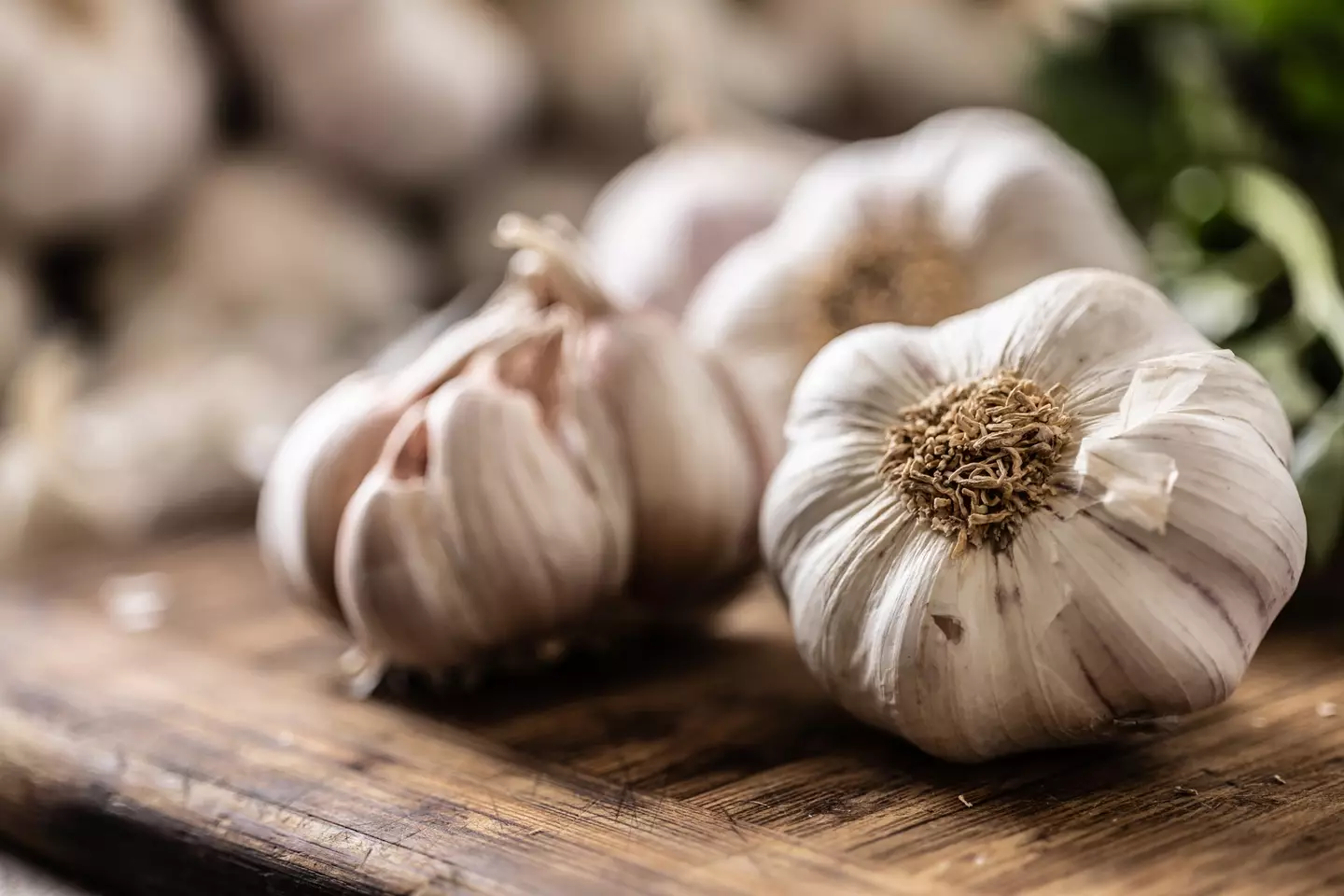
Gut health is in the spotlight at the moment, with the microbiome increasingly looking like a key component in both physical and mental wellbeing and amid concerns that Western diets are giving rise to the spike in people under 50 being diagnosed with bowel cancer.
A few general tips for keeping your guts healthy include eating at least 30g of fibre per day, staying hydrated, getting regular exercise, eating a balanced and nutritious diet rich in vegetables and healthy fats, and minimising ultra-processed food (UPF) intake.
You may be familiar with another pair of options for getting your guts in gear: prebiotics and probiotics. They’re both diet-related and can have a profound impact on your gastrointestinal health, but what are they, and what’s the difference between them?

Prebiotics
Prebiotics are foods that help to foster bacterial growth in your large intestine. They consist of non-digestible fibre that the body can’t absorb, with fibre being useful for your guts by giving them something to press against along with helping to bind your poos together.
Advert
Not only that, but prebiotic fibre sits in the large intestine where it provides fuel for ‘good’ bacteria to multiply.
“As prebiotics fuel beneficial gut bacteria, they promote short-chain fatty acid (SCFA) production, which supports digestion, immunity, and metabolic health,” said Johannah Katz, MA, RD, an Orlando-based registered dietitian, per Food and Wine.
Common prebiotic fibres include: inulin, fructooligosaccharides (FOS), and galactooligosaccharides (GOS).
They’re easy to add to your diet, and there’s a good chance you’re already eating them regularly. Sources include: bananas, garlic, onions, asparagus, chicory root, artichokes, leeks, and whole grains.
Advert
By supporting the microbiome, prebiotics can help to shore up your immune system, cut inflammation, increase calcium absorption, improve digestion, and support your psychological health.
Probiotics
Probiotics are common to natural yoghurt and fermented goods like kombucha. Essentially, they’re live bacteria that can directly benefit your guts and, by extension, your wider health.
These bacteria, and occasionally yeasts, develop naturally in your gut, so probiotics are essentially reinforcements for your existing microbiome. They increase the variety and density of those bacteria within the gut, helping to create a good balance.
Advert
You can get probiotics through yoghurt, kimchi, miso, sauerkraut, kefir, kombucha, pickles, and tempeh, to name a few.
For the best effects, keep these foods refrigerated so the bacteria inside isn’t damaged by warm temperatures.

Probiotics offer a range of benefits, including: reducing your risk of diarrhoea, IBS, and other GI issues; supporting your immune system; lessening the effects of lactose intolerance, and increasing your nutrient absorption from your diet.
Advert
To wrap it all up: it’s worth getting both prebiotics and probiotics into your diet to give your guts the best chance of making the most of your grub and keeping you healthy in body and mind.
